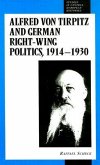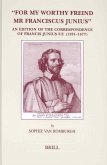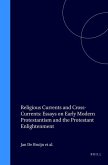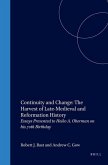"Protestant Politics presents a new interpretation of the impact of the Protestant Reformation on the political culture and government of the Holy Roman Empire. It arose from a desire to re-examine this subject, which was long dominated by the views of Leopold von Ranke (1795-1886), in the light of two recent developments: the liberation of pre-modern European history from its long domination by the idea of the nation-state, and the recognition of the Reformation as a social movement. Protestant Politics is also the first narrative of the German Reformation, based on original sources, in more than half-a-century. The particular approach of Protestant politics is to map the collision of the relatively unified Protestant movement with the dispersed, multi-layered structure of authority and power in the late medieval Holy Roman Empire. The narrative thread, which holds together the story's levels - local, provincial, regional, and Imperial - is the career of Jacob Sturm (1489-1553) of Strasbourg, the leading Protestant urban politician of the era. The rhythm of his career from a heritage of local autonomy through the great Peasants' War of 1525 to the trans-regional Protestant alliance (1531-47), and then back again to the local and provincial politics of the 1550s, mirrors the political career of German Protestantism from its explosive beginnings through expansion, defeat, and a loss of dynamism. This process, shaped by the peculiar political structures and traditions of the Empire - not the theology of Martin Luther - is responsible for German Protestantism' failure to develop a revolutionary potential similar to those of the French, English, and Netherlandish Protestantmovements. "Protestant Politics is written for historians and for students and readers of history at all levels. The quotes from original sources are all put into English, and basis of interpretation is explained in a lengthy introduction. "Protestant Politics is a revisionist wor
Hinweis: Dieser Artikel kann nur an eine deutsche Lieferadresse ausgeliefert werden.
Hinweis: Dieser Artikel kann nur an eine deutsche Lieferadresse ausgeliefert werden.








